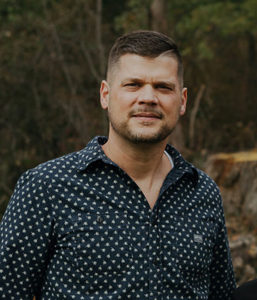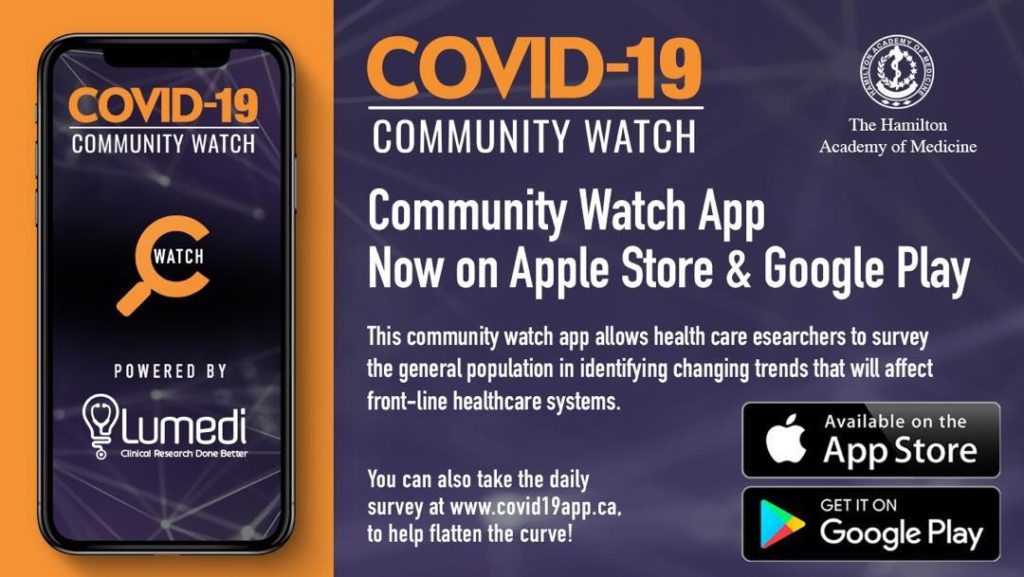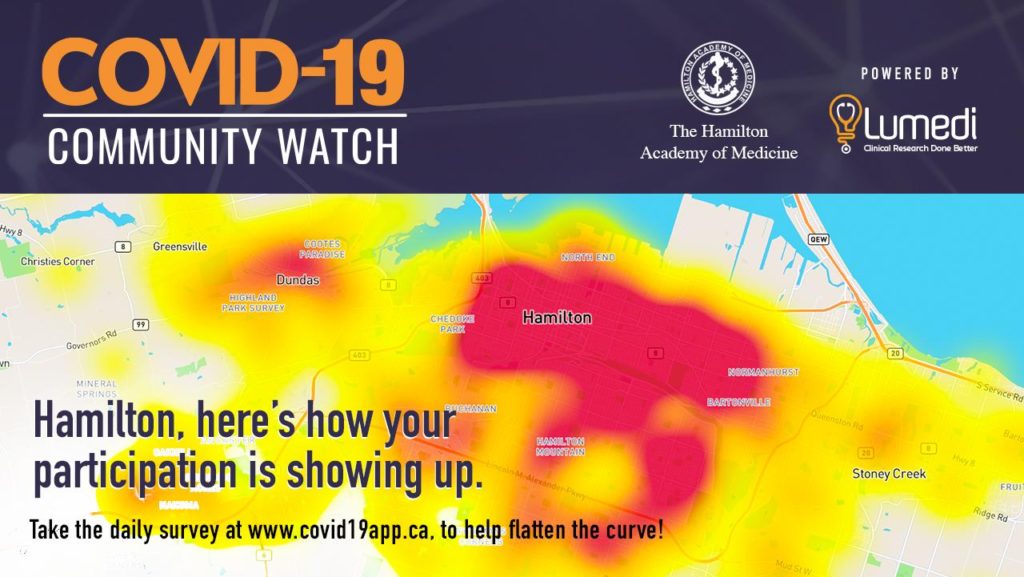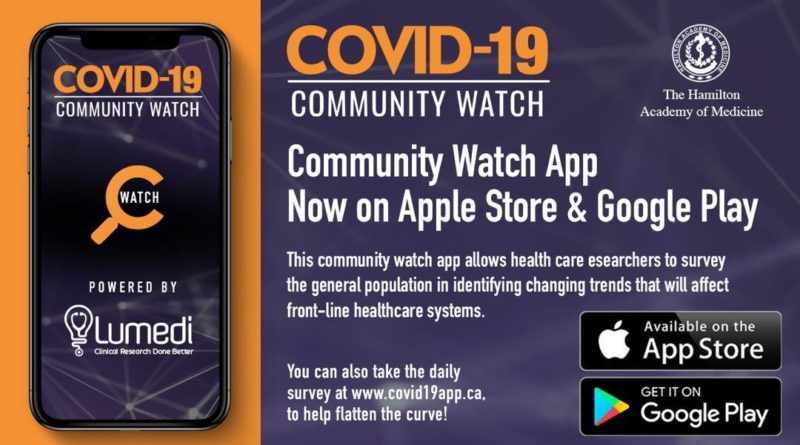Interview with Jamie Harsevoort – Founder and CEO at Webility Solutions and Lumedi
Jamie Harsevoort – Founder and CEO at Webility Solutions and Lumedi, talks to Software Hamilton about how the COVID-19 Community Watch app helps identify pandemic trends and hotspots in Hamilton.

Tell me about yourself
I am a lifelong Hamiltonian. I live here with my wife Rose and am the proud dad of three children and foster dad to one. I have always had a passion for innovation, software development and health care technology. My team at Webility Solutions has developed Internet of Things (IoT), web and mobile software solutions for businesses who want to scale their operations since 2007. In 2019, we launched Lumedi, a health care technology team focused, solely on technology development for health care organizations. We recently launched a cloud-based electronic data capture platform designed for clinical researchers to collaborate with their peers and engage with their study participants.
What is the Lumedi COVID-19 Community Watch app?
The COVID-19 Community Watch app is a research initiative that uses data collected from people in our community. Its goal is to provide early detection of changing trends related to the COVID-19 pandemic before they affect our health care system.
It does this by asking participants to fill in a short survey, once a day during the COVID-19 pandemic. Anyone can participate in this and everyone’s contribution makes a difference. Participants are asked if anyone in their household is experiencing symptoms, is in self-isolation, or has their employment affected.
So far, in a little over three weeks, we have welcomed over 9500 Hamiltonians to Community Watch.
The best way to participate is to download our Community Watch mobile app. The links to those apps can be found at https://covid19app.ca/.

The data obtained through the app can show us how well people in the community are adhering to social-distancing measures. An increase in self-reported symptoms can be used to predict an upcoming surge in hospital visits. We can also identity hotspots and see how COVID-19 is impacting the community.
How did Lumedi COVID-19 Community Watch app come about?
By mid-March, it had become evident that COVID-19 was going to have a big impact in Canada. Our team began to think of how we could help. We assist with many longitudinal health care studies through Lumedi, and this seemed to be a natural extension of that system.
We first reached out to Dr. Rick Tytus, who is a Hamilton physician serving one of Hamilton’s urban core ‘Red Zones’ for many years, and is one of the pioneers for virtual care in this country. We knew that Dr. Tytus was a big proponent of using technology to develop better health care and had an active interest in how diseases like COVID-19 impact our community. Dr. Tytus provided us key guidance to structure the study questions, and also connected us with the Hamilton Academy of Medicine who partnered with us to make this happen.
Our team was very excited to help with this, and as a result we managed to get the COVID-19 Community Watch system online in only two days, and on March 21st we started to collect data from Hamilton community. We have since expanded the study to include Halton Region, and we hope to include more regions.
How is the user reported data obtained through the Lumedi COVID-19 Community Watch app used?
The data is used several ways.
First, some statistics about COVID-19 are available to the public on our website at https://covid19app.ca/.

More importantly, we now have a network of collaborators that include an “Innovators in Scrubs” team from McMaster University, and several individual health care experts from Hamilton and Burlington hospitals. We are working with these individuals and teams to continually refine our surveys and to provide data back to these professionals so that they can better understand how COVID-19 is impacting the community.
How can the Lumedi COVID-19 Community Watch app help flatten the curve?
The COVID-19 response happened quickly, and some days it feels like things are changing almost on an hourly basis. In the midst of all of this, having good reliable data is vital to make evidence-based decisions.
What we hope to achieve is to provide data that shows how trends are changing. Knowing how well people are complying with public health directives, and knowing whether self-reported symptoms are increasing or decreasing, are both indicators of how front-line health care will be impacted
This type of data is very important right now as we flatten the curve and may become even more critical when businesses, parks, workplaces and restaurants slowly start opening up again. Knowing what is happening in the community allows for a faster and better response, and if my team at Lumedi can help with that in even a small way, then we are pleased and excited to do so.
